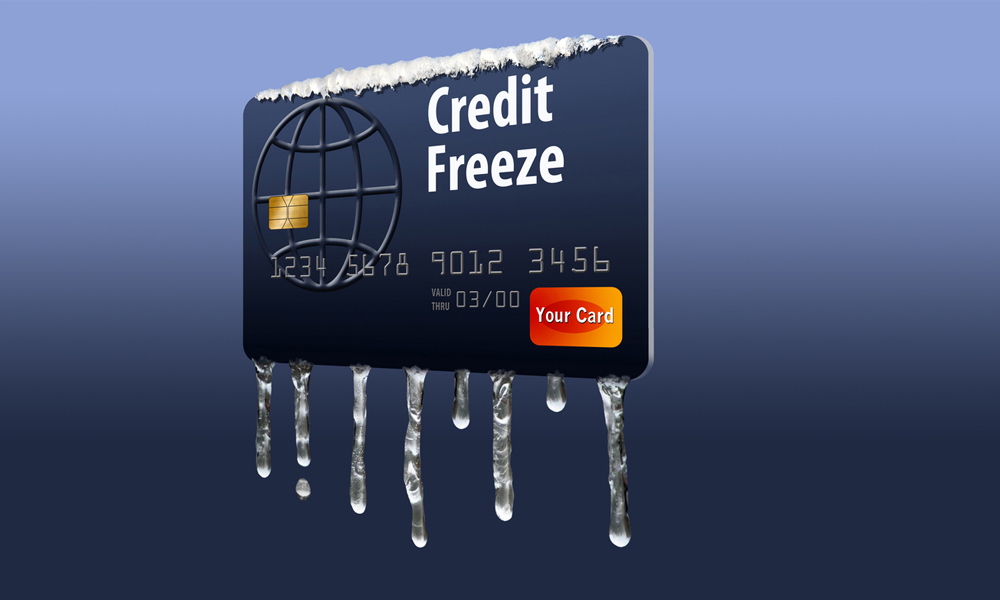
Don’t find out too late that someone has hijacked your identity and run up a ton of debt. Use the new Economic Growth, Regulatory Relief and Consumer Protection Act, which went into effect Sept. 21, 2018, to freeze and unlock your credit when you need it — for free!
As of September 2018, a new federal law requires credit bureaus to allow consumers to freeze and unlock their credit for free. Having an easy and cheap way to lock and unlock your ability to apply for new credit is quickly becoming one of the main ways to protect you from identify theft.
Annually, 7 percent of people over the age of 16 face identity theft, and every day, thousands of Americans have their personal information stolen. In 2017, 143 million people had personal information exposed in the Equifax breach, and in 2016, around 57 million Uber users faced the same fate. These two scams alone affected nearly two-thirds of the country. Over the last five years, hackers have also exploited information from Target, Home Depot, VeriSign, PlayStation, and several other companies big and small.
HOW DOES IT HAPPEN?
Information about you is floating around in cyberspace. On the dark web, scammers buy and sell bits of that information. They start with just a detail or two, then quickly build a complete profile. With that, they can steal your identity, opening credit accounts in your name that can hurt your credit rating, make it hard to obtain credit in the future, and potentially put you on the hook for someone else’s debt. One way to protect yourself is to freeze your credit.
WHAT DOES THAT MEAN?
According to an AARP survey, only 14 percent of people freeze their credit. To protect your identity, you should be part of this small group. When your credit is frozen, you can still use your credit cards, but you can't open any new accounts. By extension, scam artists and thieves can't open accounts in your name either.
In the past, freezing and unlocking your credit was costly, but as of September 2018, a new law requires the credit bureaus to let you freeze and unlock credit for free. The process is slightly different for every credit bureau.
EQUIFAX
To freeze credit with Equifax, you need to set up a myEquifax account. To verify your identity, you enter your social security number. You will then receive a one-time code to your email address or cell phone, or you can opt to answer additional questions to authenticate your identity. Once set up, you can use this service to freeze or unlock your credit.
TRANSUNION
To freeze your TransUnion report, visit the credit bureau's website or download the myTransUnion app to your phone. Again, you need to authenticate your identity to set up an account. Once established, you can log in and freeze or unfreeze your credit report as needed. You can keep your credit frozen most of the time, but if you want to apply for credit — whether for a card, a house, or a car — you will need to unlock it.
EXPERIAN
With Experian, the process is similar. The main difference is that while TransUnion and Equifax give you a username and a password, Experian uses a PIN. Keep your PIN somewhere safe and be prepared to go through an authentication process if you lose it.
The Economic Growth, Regulatory Relief and Consumer Protection Act was signed into law by the President on May 24, 2018. It went into effect on Sept. 21. The credit freeze is just one aspect of the law which also loosens restrictions placed on banks after the 2008 financial crisis.


